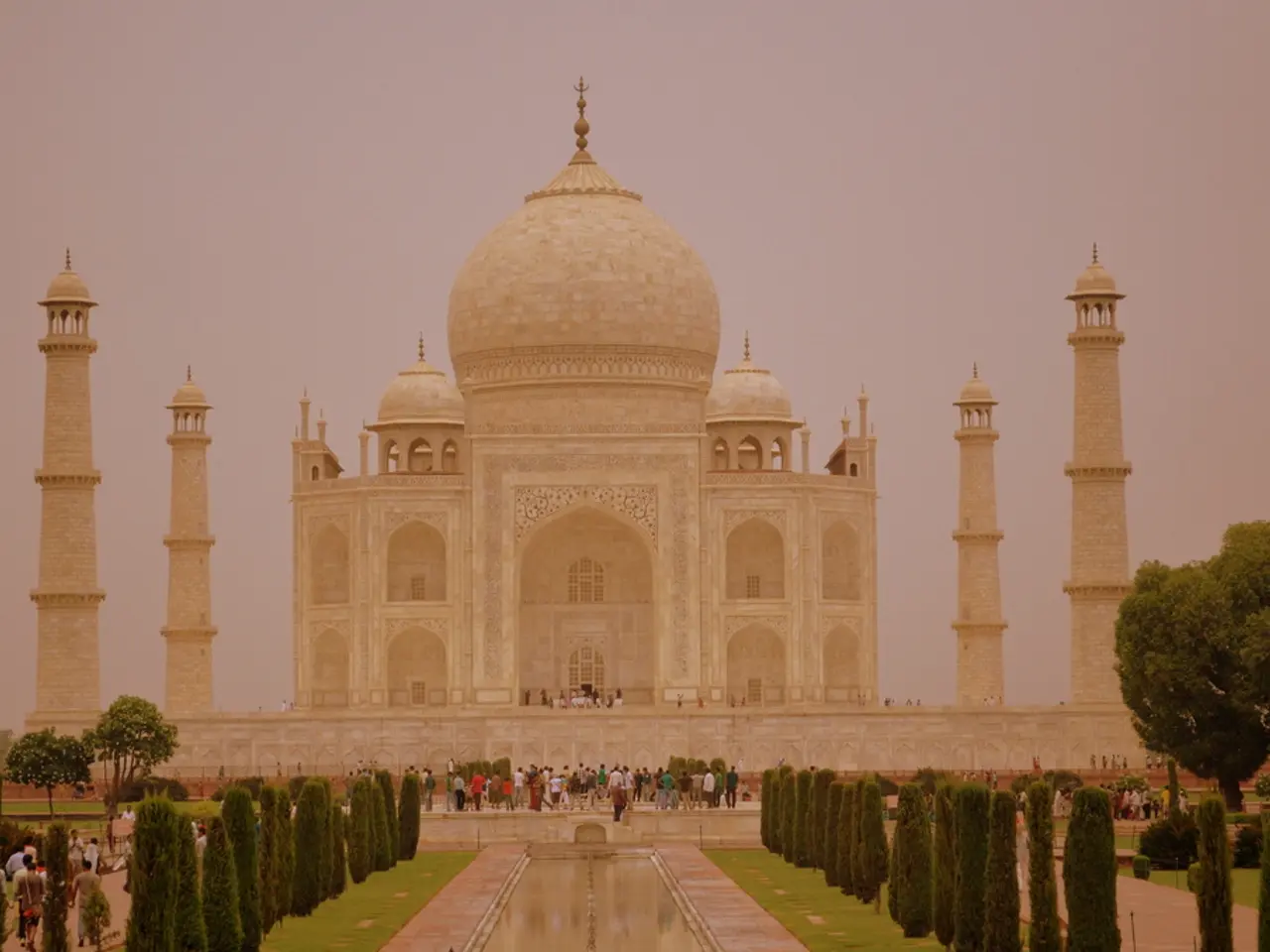Enhanced network infrastructure positively impacts tourism, according to Minister Jaishankar.
==============================================================================================
In a recent address at the Federation of Associations in Indian Tourism & Hospitality (FAITH) event, External Affairs Minister S Jaishankar highlighted the Indian government's efforts to strengthen and expand the tourism sector. The focus of these measures is on infrastructure development, streamlined visa procedures, and wellness tourism.
Infrastructure Development
The Swadesh Darshan and Swadesh Darshan 2.0 schemes, along with the PRASHAD scheme, provide financial assistance for developing sustainable and responsible tourism destinations. These initiatives aim to upgrade tourism-related infrastructure, making India an attractive destination for both domestic and international tourists.
The Assistance to Central Agencies for Tourism Infrastructure Development supports state and central bodies in upgrading tourism infrastructure, while the RCS-UDAN scheme improves air connectivity by operationalizing over 53 tourism routes to enhance access to key destinations.
Digital initiatives such as NIDHI and NIDHI+ focus on digitalization in hospitality to improve ease of doing business and sector growth. Additionally, programs like 'Capacity Building for Service Providers' and 'Incredible India Tourist Facilitator' aim to improve the quality of tourism services through skill development.
Visa Procedures
The introduction of a simplified e-Visa facility allows nationals from 167 countries to obtain e-Visas across seven categories with reduced fees, making international travel to India easier.
Wellness Tourism
The government promotes niche tourism segments like wellness tourism, spiritual tourism, culinary tourism, rural and eco-tourism to diversify India’s tourism portfolio. The FAITH Conclave 2025 emphasizes positioning India as a leading destination for wellness and spiritual tourism in its long-term vision for a $3 trillion tourism economy by 2047.
Jaishankar lauded the 'One District, One Product' (ODOP) scheme, which has helped in diversifying tourism and protecting cultural richness. He stated that the true value of tourism extends beyond GDP numbers and these steps have helped position India as a global hub for medical and spiritual tourism.
The Impact
Meetings during India's G20 presidency were hosted across various states and near heritage sites, allowing visiting delegates to experience India's cultural diversity first-hand. Many delegates reported a change in their understanding of India due to this exposure.
Tourism, according to Jaishankar, builds pride in India's heritage, strengthens national spirit, and promotes a sense of unity. With the number of airports in India having doubled, and the railway and highway networks having undergone a dramatic transformation, traveling across India has become more accessible and enjoyable, especially for those returning to the country after a gap.
These comprehensive measures integrate infrastructure development, streamlined visa facilitation, and focused promotion of wellness tourism to strengthen and expand India’s tourism sector. The Indian government's dedication to these initiatives underscores its commitment to making India a premier global tourist destination.
[1] Ministry of Tourism, Government of India. (n.d.). Tourism Sector Initiatives. Retrieved from https://tourism.gov.in/content/tourism-sector-initiatives
[2] Press Information Bureau, Government of India. (2025, August 1). FAITH Conclave 2025: Positioning India as a Leading Destination for Wellness and Spiritual Tourism. Retrieved from https://pib.gov.in/newsite/PrintRelease.aspx?relid=231482
[3] Ministry of Tourism, Government of India. (n.d.). Swadesh Darshan Scheme. Retrieved from https://tourism.gov.in/content/swadesh-darshan-scheme
[4] Ministry of Tourism, Government of India. (n.d.). PRASHAD Scheme. Retrieved from https://tourism.gov.in/content/prashad-scheme




